
- Home
- Trend
- Weight Loss Strategies
- Acne Tips
- Hair Health Information
- Blemish Removal Tips
- Acne Scar Removal Tips
- Muscle Building Techniques
- Intimate Care Tips
- Postpartum Intimate Care
- Eye Bags Wiki
- Tips for Face Slimming
- Secret of Permanent Hair Removal
- Breast Enlargement Tips
- Cure to Snoring
- Marionette Lines
- Skin-Tightening Secrets

免費體驗
S6 Body Sculpting Treatment
1 Minute Self-Registration
Date should not be before minimal date
Ever wondered how to stay full longer, lose body fat, build muscle, or maintain a healthy body? Proteins might be your secret weapon. Here, we'll dive into the essentials of protein, its benefits, the best sources, and how to incorporate them into your daily diet effortlessly. Let's unlock the power of protein for a slimmer, leaner, healthier you!
1
What is Protein?
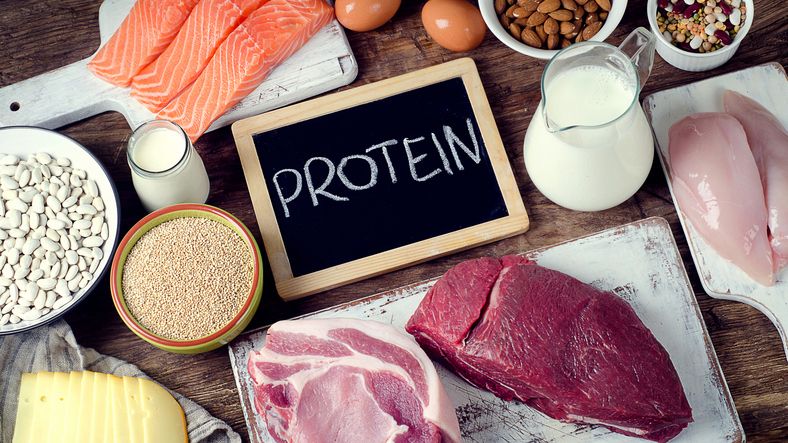

2
Health Benefits of Incorporating High-Protein Foods
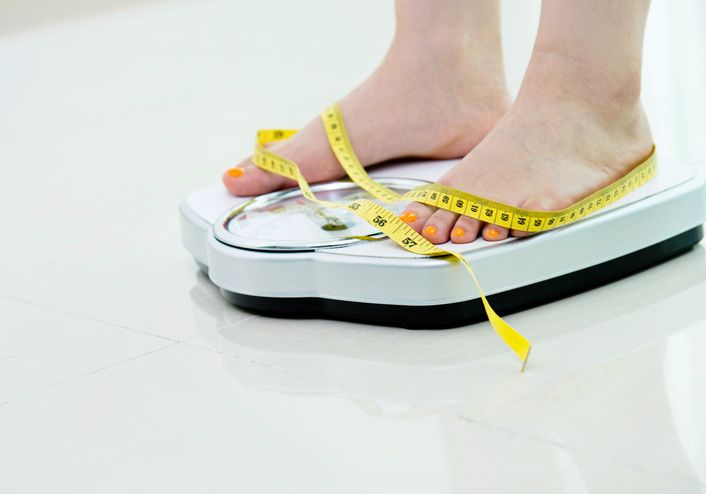
Weight Management
Muscle Growth and Maintenance
Bone Health
Other Health Benefits
- 6 Common Myths Debunked for Fitness Beginners – Learn 6 Key Tips to Burn Fat and Build Muscle in 3 Months!
- You Should Do These 10 Best Back Workouts for a Slim, Toned, Strong Back
- Debunking the Myth: Will I Gain Weight If I Sleep After Eating?
- What to eat to reduce belly fat? Strategies for a Flat Stomach
3
Recommended Protein Intake for Women Trying to Lose Weight
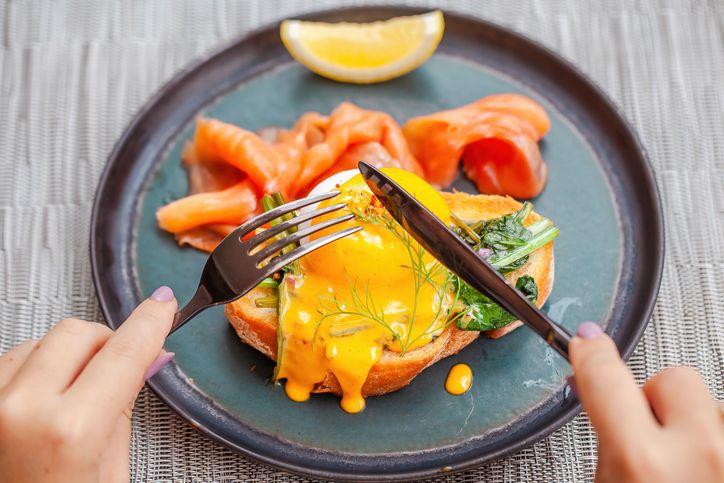
General Guidelines Based on Age and Activity Level
Special Considerations for Athletes, Older Adults, and Vegetarians/Vegans

4
Tips for Incorporating Protein into Daily Meals
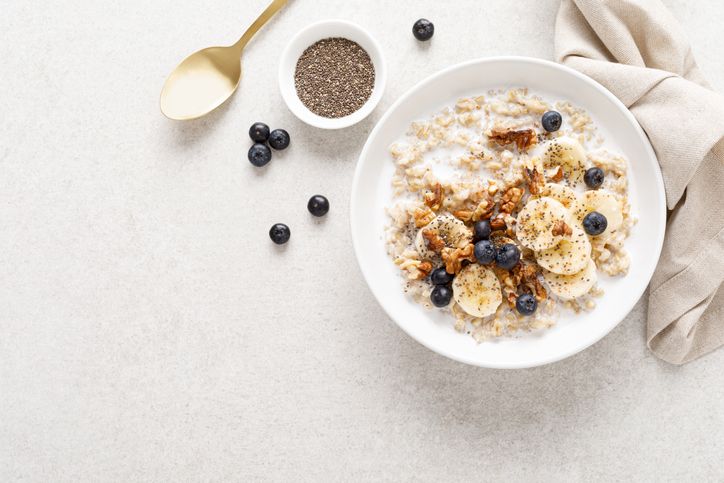
Plan Meals Around Protein Sources
Include a Source of Protein in Every Meal and Snack
Use High-Protein Foods in Recipes
免費體驗
S6 Body Sculpting Treatment
1 Minute Self-Registration
Date should not be before minimal date
5
Introduction to Animal and Plant-Based Protein Sources
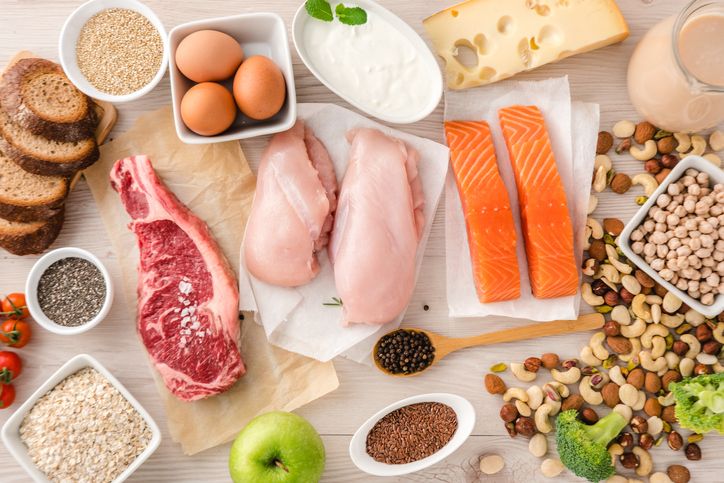
Animal-Based Proteins
Plant-Based Proteins

6
Best Animal-Based Protein Sources
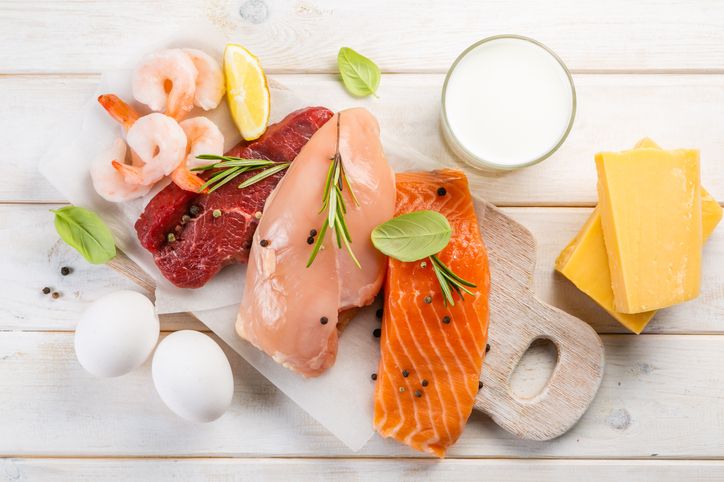
Lean Meats: Chicken Breast, Turkey, Lean Beef, Pork Loin
Fish and Seafood: Salmon, Tuna, Shrimp, Halibut
Dairy Products: Milk, Greek Yogurt, Cottage Cheese, Part-Skim Mozzarella
Eggs: Whole Eggs and Egg Whites
7
Best Plant-Based Protein Sources

Legumes and Beans: Black Beans, Chickpeas, Lentils, Peas, Edamame
Nuts and Seeds: Almonds, Chia Seeds, Hemp Seeds, Pumpkin Seeds, Pistachios
Soy Products: Tofu, Tempeh, Edamame
Grains: Quinoa, Oats, Spelt, Teff
Vegetables: Broccoli, Brussels Sprouts, Cauliflower, Chinese Cabbage

8
S6 Body Sculpting Treatment: Get Slim and Fit without Dieting!

免費體驗
S6 Body Sculpting Treatment
1 Minute Self-Registration
Date should not be before minimal date
9
Protein Supplements: Protein Powders and Shakes

When Supplements Might Be Necessary

10
Sample 1-Day High Protein Meal Plan
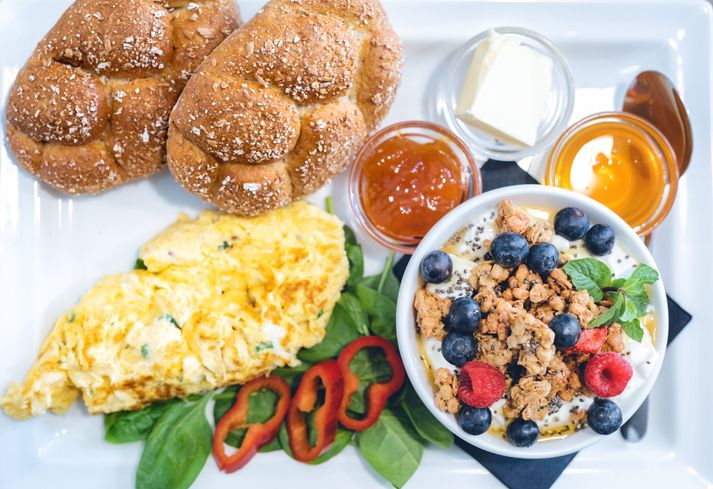
- Vegan Weight Loss Meal Plan: A Delicious and Nutritious Journey to a Healthier You
- Papaya For Weight Loss: The Secret Ingredient You’re Overlooking
- Want Those Toned, K-pop-Inspired Thighs? Here’s How to Sculpt Your Inner Thighs and Burn Stubborn Fat
- Upper Belly Fat: The Ultimate Plan To Shrink Your Upper Belly
11
Potential Risks of High Protein Intake
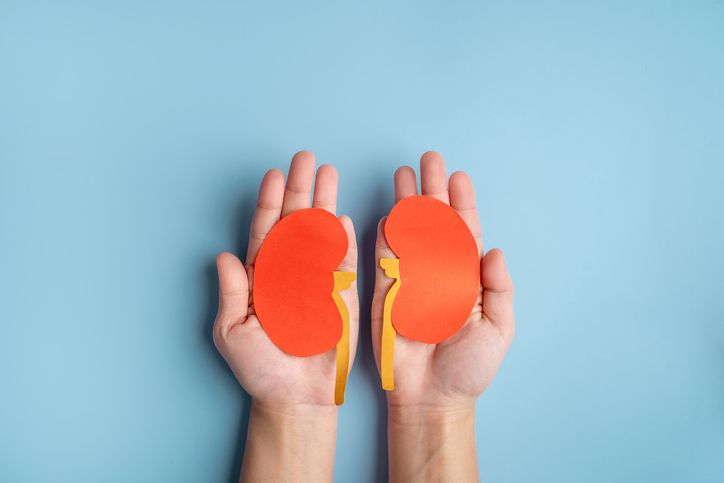
Impact on Kidney Function and Bone Health
Balanced Diet Considerations
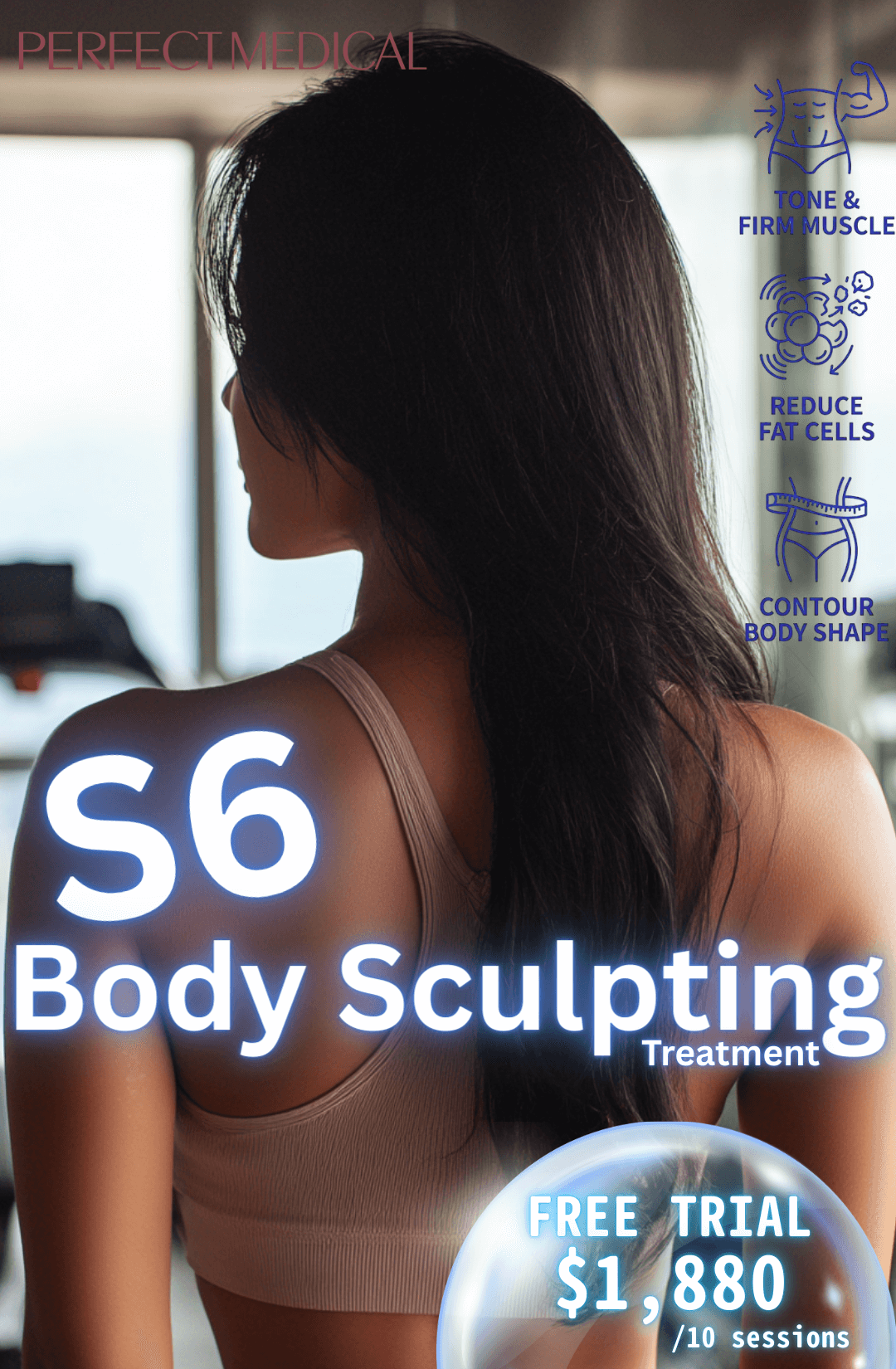
免費體驗
S6 Body Sculpting Treatment
1 Minute Self-Registration
Date should not be before minimal date
FAQ

How much protein do I need daily?
Your protein intake depends on factors like age and activity level. Generally, aim for 0.8 grams of protein per kilogram of body weight. For example, a 50 kg person should consume about 40 grams of protein daily.
Can a high protein diet help with weight loss?
Yes, a high protein diet can aid in weight loss by promoting satiety, reducing appetite, and boosting metabolism. Protein requires more energy to digest, which helps burn more calories and maintain a healthy diet.
Are protein supplements necessary for a balanced diet?
Protein supplements can be helpful for those with higher protein needs or who struggle to get enough protein from food alone. However, it's best to get your protein from whole foods to ensure a balanced diet and overall health.
Can eating too much protein harm my kidneys?
While a high protein intake is safe for healthy individuals, excessive protein can strain the kidneys, especially if you have pre-existing kidney conditions. Balance your diet with adequate nutrients to avoid potential health risks.
How do I know if I'm getting enough protein?
Signs you might not be getting enough protein include muscle loss, fatigue, hair thinning, and weakened immune function. Ensure you're incorporating a variety of high protein foods into your diet to meet your daily protein needs.








